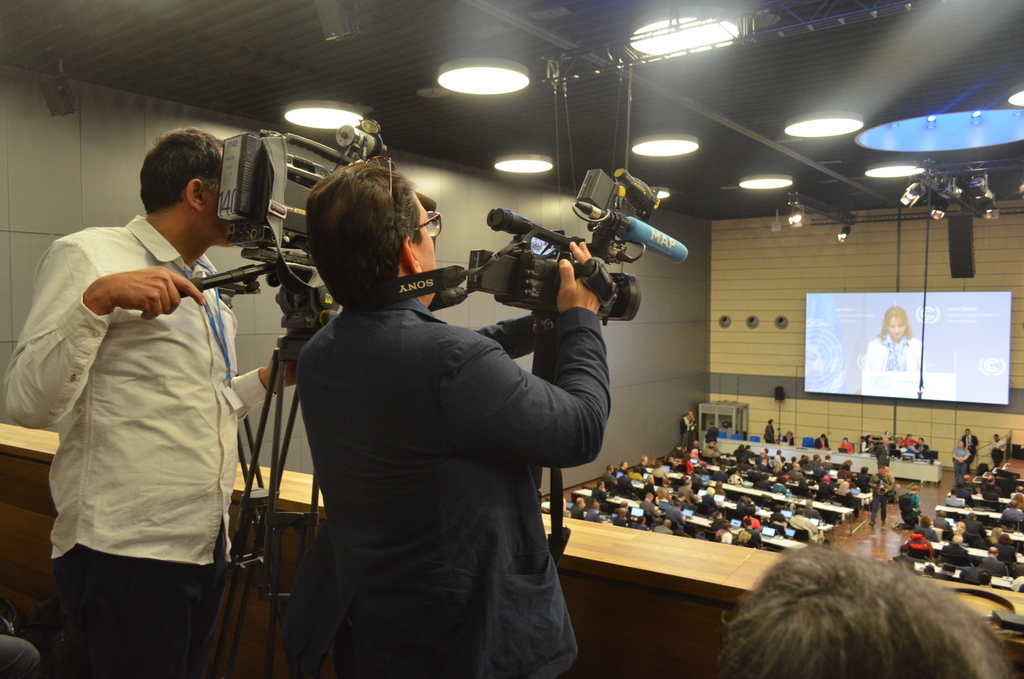
When it comes to global finance for climate adaptation and resilience, the billions made available to vulnerable countries continues to fall hundreds of billions short of the actual need as climate catastrophes mount annually. In this story for Mongabay, I report on a novel, detailed study by World Resources Institute that is critically important to policymakers and finance leaders who gather at annual UN climate summits.
WRI economist Carter Brandon‘s team evaluated 320 adaptation and resilience grants in 12 mostly tropical countries totaling $133 billion in finance between 2014 and 2024. They found that for every $1 invested there was a return of more than $10 in value in unaccounted for benefits. This came in areas such as permanent infrastructure, job creation, risk management, public health improvements, lives saved, biodiversity protection. These benefits accrue whether or not they are counted or even recognized.
Brandon argues that finance institutions such as the World Bank, IMF and other major eco-financiers should consider these ancillary benefits as they evaluate future grant requests. He emphasized that countries, too, should better understand the full impact of the most effective adaptation and resilience projects and sharpen their finance requests. “What we now can see is that this investment is not only good for resilience,” Brandon told me, “but it’s also a really strong investment in development and public health.”




